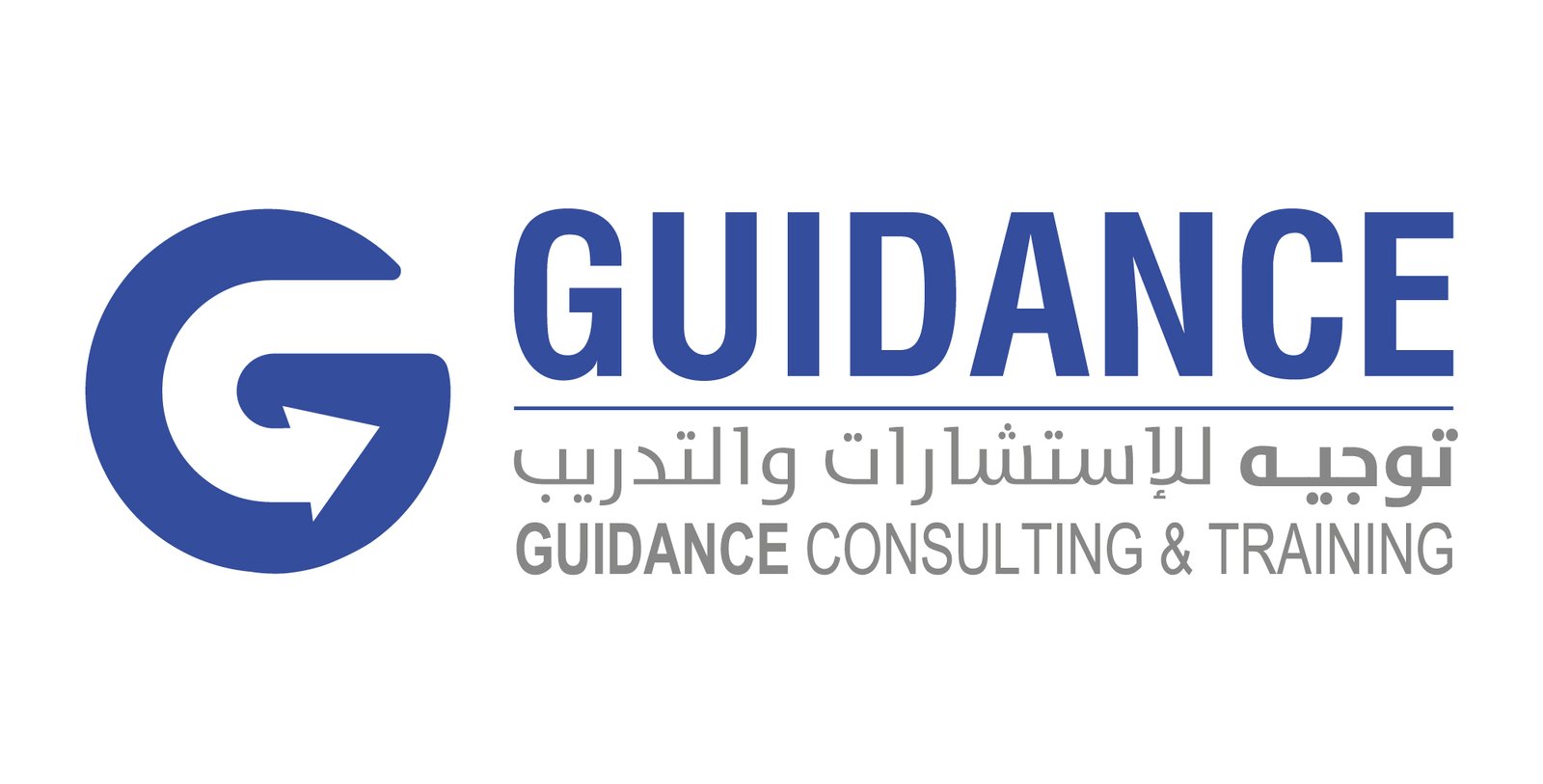ISO 9001 Quality Management Systems for Public and Private Institutions and Factories in Saudi Arabia
ISO 9001 Quality Management is one of the most important local and international standards for building a quality system that can meet the expectations and requirements of all stakeholders and can be applied to all types of institutions, regardless of their type and size, such as:
- Factories of all kinds
- Financial and real estate companies and others
- Service providers
- Government institutions
- Contracting companies
- Oil and mining companies
- Associations and civil and charitable institutions
- Schools, universities, and educational institutions
- Other various organizations
ISO 9001 Certificate
ISO 9001 is an international certificate for quality management systems created by the International Organization for Standardization (ISO). It is considered one of the most important ISO certificates and the most popular and widespread among institutions, as it guarantees products’ quality improvement and ensures compatibility with international quality standards.
ISO 9001 Certification Requirements
ISO 9001 certification requirements include basic elements that every organization must implement and document to obtain the certificate and benefit from its privileges. The most prominent requirements are:
1- Determining the scope of the certificate: This means identifying the services and products that can be applied to the quality management system.
2- Creating the administrative system: After determining the scope of the certificate, the quality management system must be established and documented either in a single document or several documents. The system includes defining and describing management responsibilities and objectives.
3- Developing resource plans: This means providing the necessary materials for the quality management system, including human, financial, technical, and other resources.
4- Timelines: The quality objectives must be accurately defined and plans developed according to a clear timetable.
5- Implementing the plans: Everything must be implemented to achieve the required quality and meet the set objectives.
6- Evaluation: the quality management system is evaluated through data analysis and monitoring developments.
7- Auditing and review: This stage is carried out by an external party that ensures that the standards in the institution are consistent with the international quality standards that comply with ISO 9001 standards.
8- Continuing improvement: It is also necessary to follow up on updating and developing requirements on an ongoing basis following quality standards.
Benefits of obtaining ISO 9001 Quality Management Certification
1. Ensuring the institution’s compliance with all Saudi legal and legislative requirements by accurately identifying and reviewing them regularly.
2. A declaration from an accredited body from the Saudi Accreditation Center (SAAC) or any other national accreditation body that the institution has an effective quality management system.
3. Documenting all the institution’s operations and procedures (human resources, purchasing, sales, quality, manufacturing, service provision, etc.)
4. Formulate the company’s vision, mission, and strategy considering all issues in Saudi Arabia that may affect it.
5. Setting specific goals to achieve quality for services or products and a work program and performance indicators to measure the management’s commitment to achieving those goals.
6. Analyze and identify the risks threatening the continuity of the institution’s activity in the Saudi market and take the necessary measures to avoid or control them.
7. Identify and analyze the opportunities available in the Saudi market for the institution and take the necessary measures to exploit them
8. Establish quality control procedures, discover cases of non-conformity, and the method of correcting them.
9. Ensure the commitment and commitment of senior management to implement quality and involve all employees and stakeholders
10. Increase sales by raising the quality of products and services to meet the requirements and expectations of customers in Saudi Arabia.
Stages of obtaining ISO certificates as administrative consulting for Saudi institutions
A professional consultant implements the process of establishing the system and qualifying any facility to obtain quality certificates approved by the Saudi Standards and Quality Organization according to the following procedures:
- Study and evaluate the current situation and analyze the gap between it and the specification requirements.
- Prepare the timetable and work plan.
- Raise awareness among employees of the new system and train the work team on the requirements of the specification.
- Create system documents.
- Supervise the implementation of the system.
- Internal review of the system.
- Corrective and preventive measures.
We provide qualification, preparation, and training package services in quality management, auditing, and comprehensive review of the ISO 9001 system for all institutions and individuals.
Guidance for consultation and training
We have the knowledge and experience to qualify institutions and individuals to comply with the requirements of the Saudi Standards, Quality and Environment Organization, the Saudi Food and Drug Authority, and other entities that impose legal and mandatory requirements in the Saudi market to achieve quality and the Kingdom’s Vision 2030.
To qualify your facility, train its personnel and fulfill the required documents to implement the quality and ISO systems.


